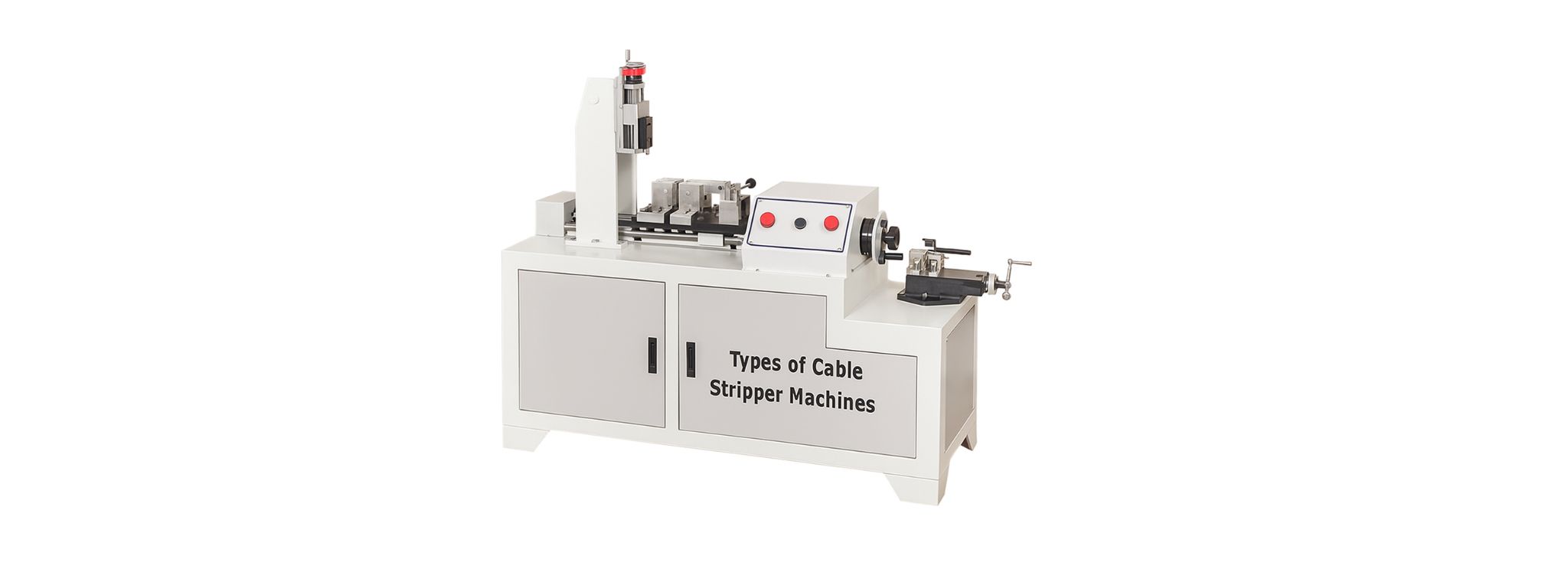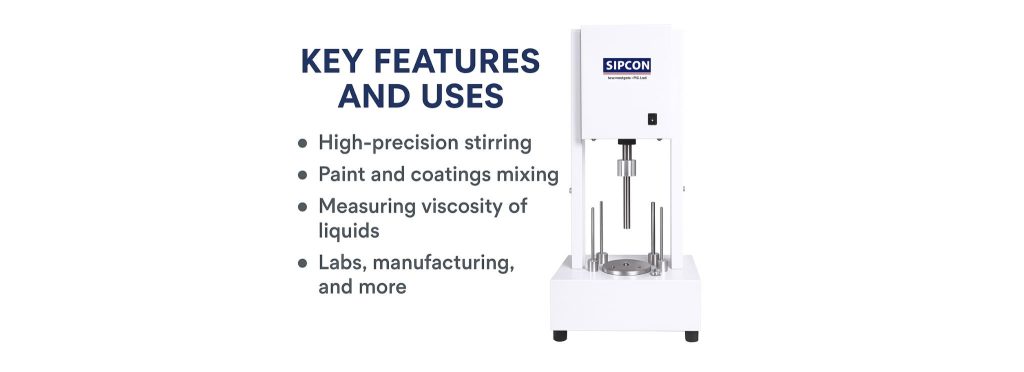
The precision tools are critical in the electrical installation and maintenance sector to provide both safety and efficiency. These tools are specifically designed to address the specifics of cable preparation, and particularly the difficulty in dealing with solid conductors, copper, or aluminum. Among them, one such tool is the core removal punch that is used across the industry for the best results with minimal effort and accuracy.
In this article, we explore the core removal punch, its key features, and the practical applications that make it indispensable for professionals.
A Core Removal Punch is a specialized tool used in electrical wiring and cable preparation to extract the solid conductor, usually copper or aluminum, from the insulation of electrical wires. It is commonly used when working with overhead electrical cables or power lines, where clean and accurate core removal is essential for proper connections or terminations.

This tool is typically made from strong materials such as stainless steel or iron to handle the mechanical force required during the process. Its design helps ensure that the conductor is removed without damage, making it a reliable tool for electricians and professionals in the electrical industry.
Also Read: What is Cable Buffing Machine? Working, Features, & Uses
The Core Removal Punch offers several key benefits, including durability, quality construction, ergonomic design, universal compatibility, dual-end design, compactness and portability, time-saving efficiency, and precision screwdriver functionality. Below is an in-depth explanation of its main features.

Construction and Strength are crucial for the functionality and design of the main removal punches. The tools are typically designed using high-quality metals, including steel or brass. Application of such materials offers long-lasting strength to the punches, exhibiting resistance properties against corrosion and wear over an extended period.
An ergonomic, user-friendly grip is also vital for user comfort and reducing hand fatigue over the long term. Non-slip grips feature on some designs, enabling more torque and improved control.
Also Read: Complete Guide to Choosing and Using Cable Stripper Machines
Tools are typically designed to accommodate standard Schrader valve cores, which feature in car and bicycle tires. Some models are also compatible with Presta valves; nevertheless, not all Presta valves are removable.
Some core removal punches have two ends, one for removing the valve core and the other for installing the valve core. This dual-purpose design is very convenient as it minimizes the necessity for carrying many tools.
They are designed to be compact and light, making it easy to carry them around and store them in toolboxes or pockets. This feature is particularly useful for making speedy repairs and maintenance on the go.
Core removal punches make it easy to replace valve cores with less time and energy required than with larger tools. They are an economical and convenient option for both professionals and home mechanics.
Also Read: What is 10X Eyepiece and 10X Loupe? Features, Advantages, & Disadvantages
A Core Removal Punch or Valve Core Removal Tool is mostly found in HVAC (heating, ventilation, and air conditioning) and refrigeration systems for particular applications involving the valve core.

The first and foremost function of a valve core removal tool (VCRT) is to replace a damaged core without recovering or pumping down the system, which saves valuable time.
With the removal of the valve core, there is unobstructed flow of refrigerant, which greatly accelerates evacuating, recovering, and charging the system. Having the valve core in place while evacuating can slow down a 10CFM vacuum pump to perform as a 1CFM pump.
New VCRTs feature side ports for adding a micron gauge, yielding more accurate vacuum measurement by taking the reading directly at the service port.
The device can be left on ports during recovery and vacuum operations, enabling technicians to connect a pressure probe and observe the pressure.
The removal of the valve core permits a better leak test by maintaining a good vacuum for an appropriate duration.
Also Read: A Complete Guide for Hot Air Oven in Laboratories
Valve core removal tools are essential to effectively evacuate and recover refrigerant. Using them properly will provide a tight seal and hassle-free working. Below is a simple guideline on how to use the core removal punch tool:

Begin by placing a small drop of fresh vacuum pump oil on the sealing surface of the system port. This facilitates a tight seal. Make sure the o-ring in the swivel fitting is properly seated in the tool.
Hand-tighten the swivel fitting onto the system port. Do not use tools or over-tighten since this may damage the o-ring and clog the port, making it difficult to remove the valve core.
Press the stem base firmly to hold the valve core. Maintain consistent pressure on the stem while you unthread the core. This keeps the tool seated on the core and provides resistance against refrigerant pressure.
Pull out the stem after unthreading to completely take out the core. Next, shut the system utilizing the built-in ball valve to avoid leakage.
Remove the swivel fitting from the stem’s base by unthreading it to disconnect the core and stem from the instrument. Store them safely using the magnetic base.
Also Read: What is Fiber Measurement? Everything You Need to Know
If the tool is not catching the core correctly, reposition the tip. If the tip is too tight, loosen it slowly with a flathead screwdriver. If it is loose, tighten slowly with needle-nose pliers. Be careful not to strip the tip.
Prior to connecting a hose, place one drop of clean vacuum pump oil onto the main port sealing surface of the tool. In the case of the side port, take out the valve core first and lubricate the port prior to hooking up any hose or gauge.
After hooking up hoses and gauges, switch on your machine. Open the core removal tool valves to begin evacuating or recovering.
If you suspect a leak is occurring in the tool, conduct an isolation test. This allows you to detect and repair possible issues before proceeding with work.
Also Read: What is Ribbon Measurement? Everything You Need to Know
The core removal punch is one of the dependable and effective tools in the extraction of solid conductors out of electrical cables. Its small size, rugged durability, and ability to navigate around easily make it a good tool whether in the field or workshop. It simplifies the process of removing the core and allows making the process quicker and more accurate, minimizing the effort, and being a factor in safer and more effective cable preparation.
Be it the overhead lines or industrial wiring systems, the tool will perform consistently and last long. When a company invests in a good-quality core removal punch, the working process could also be facilitated, and the possibility of damaging the cables when installing or servicing them could be minimized.

Helping clients solve complex dimensional measurement challenges with a range of robust measuring systems.
+91-82229 29966, 0171-2699668
info@sipconinstrument.com
LocationPlot No 280, HSIDC Industrial Estate Saha Ambala, Haryana 133104, India
© 2024 Sipcon. All Rights Reserved. | Privacy Policy | Crafted with by Chhavi